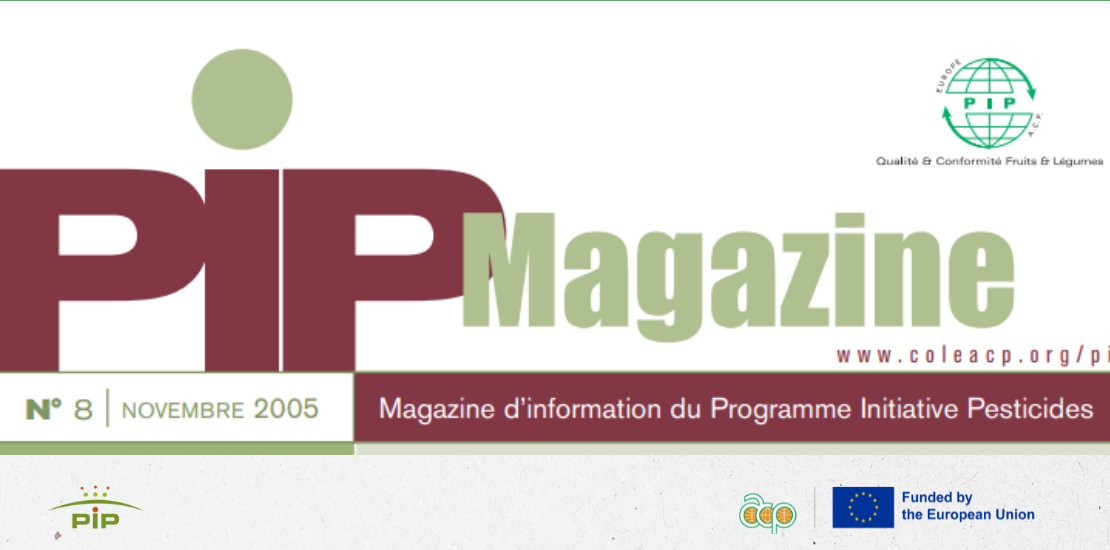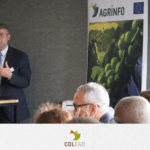- 30/01/2025
- Posted by: Sandra Borma
- Category: News

(Source : Pip Magazine n°11, April 2007)
“In addition, the Toolbox contains databases covering relevant supporting information. The Toolbox was designed as a CD-ROM, with the aim of providing a solution to the problems that face export companies in accessing important information, while at the same time minimising internet connection problems experienced in most ACP countries. The Toolbox comes in the form of two CD-ROMS. Once they are installed on a computer, they provide access to several sources of information, including: • a “pesticides database“, based on European regulations on active substances, national regulations, and authorisations in ACP countries. The database may be searched using the commercial name of the product, the active substance and/or the crop; • crop protocols for the main ACP export crops; • an interactive training area, for self-learning and self-assessment, in the key areas of food safety and traceability; • a glossary, with the definition of the main terms used in the area of food safety. The words are classified in alphabetical order and may also be accessed using a search engine; • a question/answer section; a video library, with approximately twenty video demonstrations of the principal application methods for plant protection products; • a photo library, with over 500 labelled photos relating to cultural practices, crop pests, etc.
The toolbox, which is available in French and English, is now fully integrated into the PIP training system. Since last year, computer-assisted training on its use has been provided to trainers (local PIP consultants) and to technical managers from the private and public sector. The Toolbox’s interactive training space includes theme-based modules (personal hygiene, safe use of pesticides, crop protection, regulations, etc). Thanks to this training tool, participants can learn at their own pace. Furthermore, users can also test their level of knowledge using the self-assessment system; this includes evaluation by subject and by theme, as well as a final evaluation. Finally, the PIP, by monitoring the self-assessment sessions, can provide a certificate of competence once the training is complete.”
The Pesticides Initiative Programme (PIP) was financed by the European Development Fund. The ACP Group of States and the European Commission entrusted responsibility for its implementation to COLEACP (today COLEAD).





